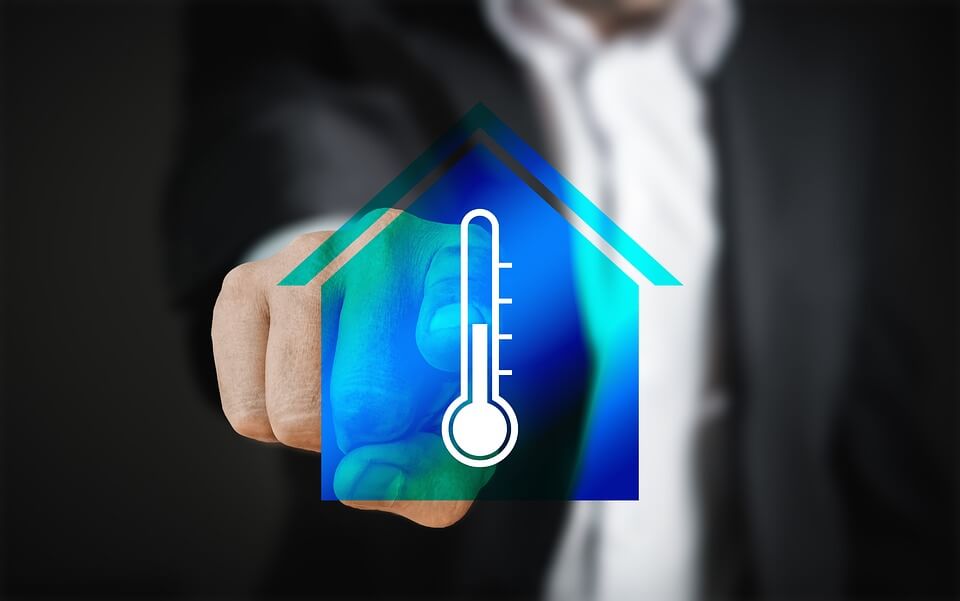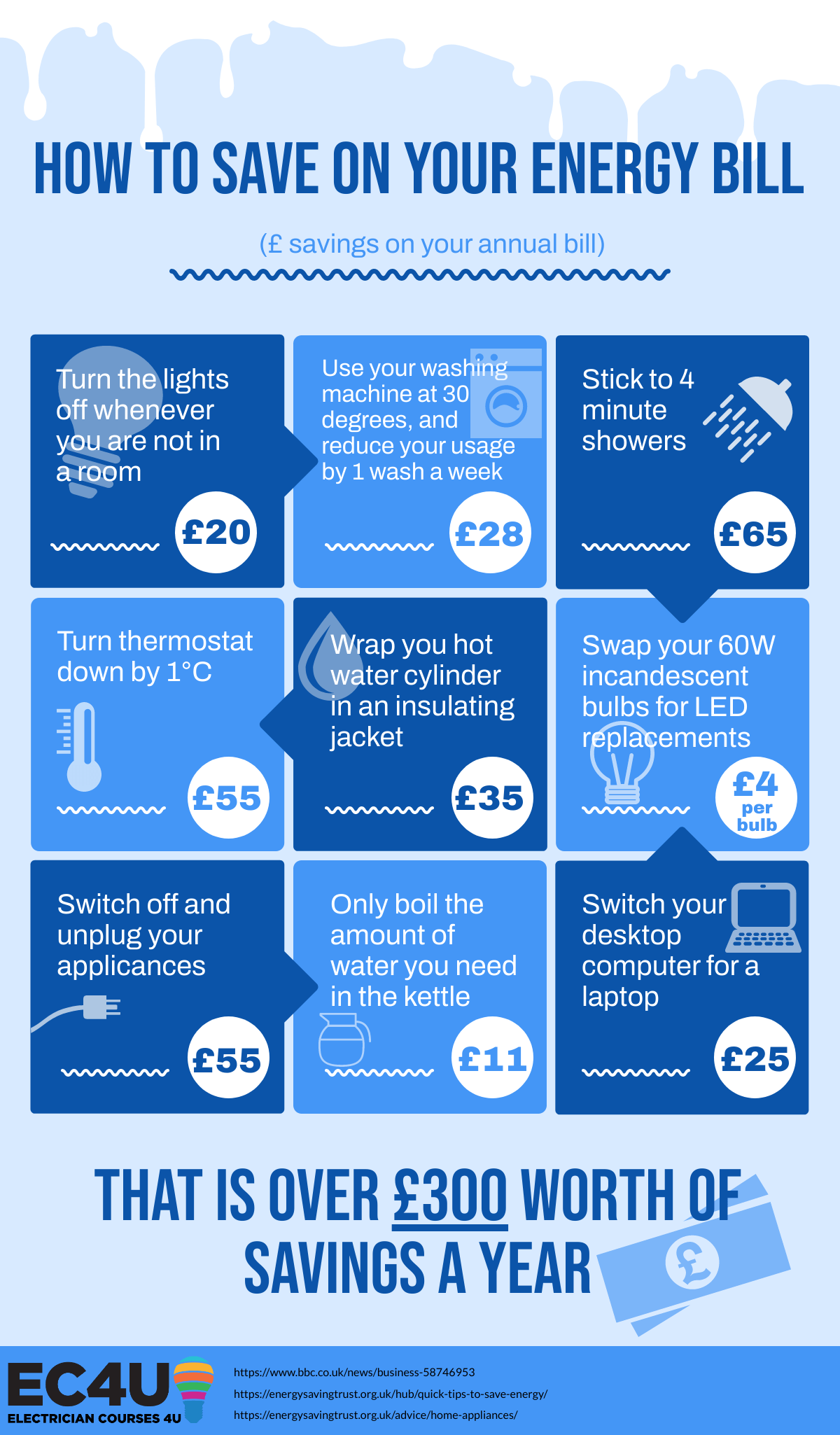Energy Saving Myths – True or False?

With the average energy bill set to increase by £693 in April 2022, it is more important than ever to make sure that you are doing everything you can to save energy and keep those bills as low as possible. That is why we have rounded up some of the most common myths and misconceptions about how to save energy, checked if they are actually true and looked at what is actually the best way to conserve your energy.

“Most heat energy is lost through windows”
False. Despite popular beliefs that most heat is lost through your windows, most heat in your house is actually lost through the walls. Between 35-45% of heat can be lost through your walls, with another 20% escaping out the roof. Whereas approximately only 10% is lost through the windows. Therefore, it would be wise to consider your wall and roof insulation options before replacing your windows to ensure you are conserving as much heat as possible. You can still help to reduce heat loss through your windows by fitting curtains and keeping them drawn in the evenings to retain heat.

“It is better to keep your heating on low all day”
According to the Energy Saving Trust, this one is a myth. They explain that having your heating on all day, leads to losing energy all day and therefore, it will cost you less if you just put your heating on when you require it. However, this is disputed by some specialists who argue every time you turn the heating off condensation collects within the walls, and then acts as a conductor for heat, aiding heat loss through the walls. Therefore, it is best to find a balance, for example only putting the heating on twice a day for longer rather than having it on all the time, or keep switching it on and off when you need it.

“TVs in standby mode waste the most amount of energy”
Did you know that leaving our devices on standby is costing the UK £470 million per year in wasted energy? Every time you leave a device on standby, or leave your device plugged into the charger after your battery is full, energy known as vampire energy is being consumed by your appliances and costing you money. TVs are most often thought of as being the biggest energy wasters but were you aware games consoles can waste 60 times more energy than a TV?! Games consoles are particularly good at continuing to use energy when in stand-by mode, in fact they can waste £230 million of energy per year when not switched off properly. So make sure when you are not using your appliances, or have finished charging your devices, you switch them off at the wall to help stop energy being wasted, and ultimately, keep your bills lower!

“Having black radiators helps heat output”
This is another false one, there is no evidence to suggest that painting your radiators black helps significantly improve the heat output of the radiator. Instead, you may want to consider putting reflective panels behind any radiator that is positioned on an external wall to help reflect any heat back into the room instead of being lost through the wall. You might also want to think about the position of your furniture, make sure that larger pieces of furniture are not blocking radiators and the heat is being allowed to flow through the room.

“Turning up the thermostat heats the house faster”
Turning up the thermostat will not heat your house faster, it will simply heat your house to a higher temperature and ultimately cost you more in energy bills. Whether you have your thermostat set to 18⁰C or 21⁰C it will still heat your house at the same rate, the heating will just stay on longer to reach the higher temperature. Only switch your thermostat on to the temperature that you need it, and remember, reducing your thermostat by just 1⁰C can save £55 a year for an average household.

“There is no need to insulate the floor in a house because heat rises”
Incorrect. On average, 10% of all your escaping heat is lost through the floor, and that is costing you approximately £50 a year. Heat may rise but it will also travel from areas of warm to areas of cold, so if your floor is uninsulated you may want to consider having it insulated to keep as much heat in as possible. Looking for cracks between floors and skirting boards that you can seal to prevent draughts is another way to help prevent unnecessary heat loss.

“Electricity is always cheaper to use at night”
This is only true if you are on an Economy 7 tariff. Economy 7 tariffs are designed for people who use more electricity at night, for example those using storage heaters or charging up their electric vehicles. For 7 hours each night the consumer will have a cheaper rate of electricity, however, will face a more expensive rate during the day. If you are on an Economy 7 tariff you would be wise to use your washing machine, dishwasher and other appliances during the night when it is cheaper, however, if you end up using these during the day you will end up paying more, cancelling out the benefits of an Economy 7 tariff.
Back to blog




